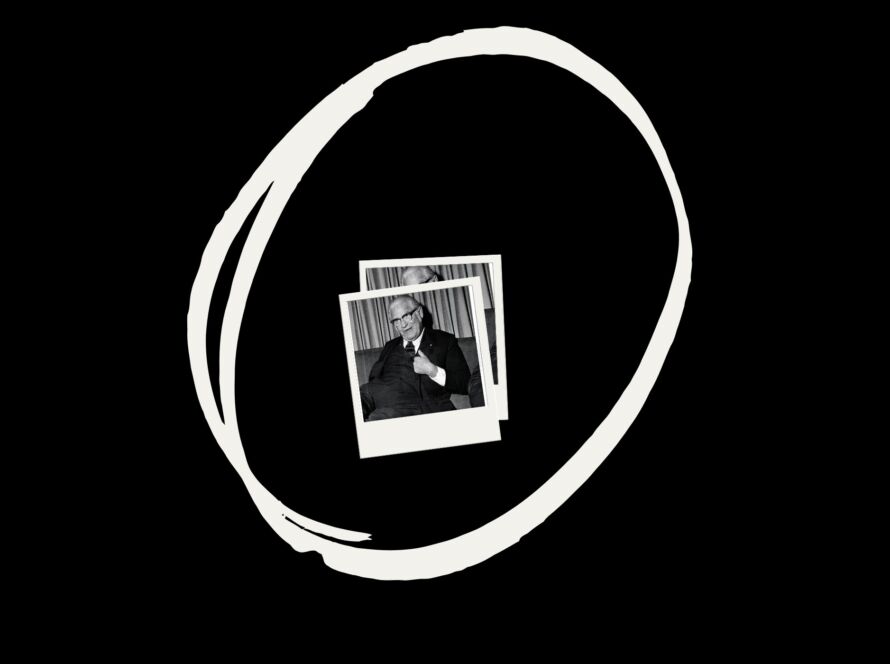Wislawa Szymborska, born on July 2, 1923, in Prowent, Poland, was a poet of immense talent and profound insight. With her unique poetic voice and keen observations of life’s intricacies, Szymborska captured the essence of the human experience with grace and clarity. Her work, infused with wit, depth, and philosophical contemplation, has earned her widespread acclaim and a Nobel Prize in Literature in 1996.
Szymborska’s formative years were shaped by the tumultuous events of World War II and the subsequent Communist regime in Poland. These experiences profoundly influenced her worldview, fostering a sense of skepticism and a deep appreciation for the ordinary moments of life that often go unnoticed. Szymborska’s poetry would later reflect a delicate balance between contemplation of the profound and celebration of the everyday.
Szymborska’s poems are characterized by their precision, clarity, and profound introspection. Her ability to extract meaning from seemingly mundane situations and objects revealed a depth of thought and a philosophical undercurrent. With a deceptively simple style, Szymborska explored themes such as love, mortality, time, and the nature of existence, inviting readers to reflect on their own lives and the world around them.
Szymborska’s poetry exhibits a mastery of language, with her words chosen meticulously to convey both the weight and the fleetingness of life’s moments. She often employed irony, satire, and wit to subvert expectations and challenge established notions. This playful approach to language added layers of complexity to her work, highlighting the power of words to evoke emotion, provoke thought, and reveal hidden truths.
In 1996, Wislawa Szymborska was awarded the Nobel Prize in Literature for her “poetry that with ironic precision allows the historical and biological context to come to light in fragments of human reality.” This prestigious honor solidified her place among the literary greats and introduced her work to a global audience.
Szymborska’s influence on contemporary poetry and her ability to bridge the gap between the profound and the ordinary continue to resonate with readers. Her poetry reminds us to appreciate life’s smallest details, to question assumptions, and to find beauty in unexpected places. Szymborska’s legacy as a poet of immense depth, keen observation, and wit ensures that her work will continue to inspire generations of readers and poets alike.
Wislawa Szymborska’s poetry invites us to contemplate the profound questions of existence while reveling in the simple joys of everyday life. Her ability to navigate the complexities of human experience with precision and insight has earned her a place among the most celebrated poets of the 20th century. Through her words, Szymborska encourages us to pause, reflect, and find meaning in the ordinary moments that shape our lives. Her poetic legacy continues to touch hearts and minds, reminding us of the power of language and the boundless possibilities of human expression.
In every tragedy, an element of comedy is preserved. Comedy is just tragedy reversed.
Wislawa Szymborska
Somewhere out there the world must have an end.
Wislawa Szymborska
You can find the entire cosmos lurking in its least remarkable objects.
Wislawa Szymborska
Though I may deny poets their monopoly on inspiration, I still place them in a select group of Fortune’s darlings.
Wislawa Szymborska
This terrifying world is not devoid of charms, of the mornings that make waking up worthwhile.
Wislawa Szymborska
Take it not amiss, O speech, that I borrow weighty words, and later try hard to make them seem light.
Wislawa Szymborska
All is mine but nothing owned, nothing owned for memory, and mine only while I look.
Wislawa Szymborska
After every war someone has to tidy up.
Wislawa Szymborska
Read more quotes from these Nobel Laureates in Literature:
[table “111” could not be loaded /]It’s just not easy to explain to someone else what you don’t understand yourself.
Wislawa Szymborska
All imperfection is easier to tolerate if served up in small doses.
Wislawa Szymborska
Poets yearn, of course, to be published, read, and understood, but they do little, if anything, to set themselves above the common herd and the daily grind.
Wislawa Szymborska
All the best have something in common, a regard for reality, an agreement to its primacy over the imagination.
Wislawa Szymborska
Any knowledge that doesn’t lead to new questions quickly dies out: it fails to maintain the temperature required for sustaining life.
Wislawa Szymborska
Even the worst book can give us something to think about.
Wislawa Szymborska
Every beginning is only a sequel, after all, and the book of events is always open halfway through.
Wislawa Szymborska
Get to know other worlds, if only for comparison. I am near, too near for him to dream of me.
Wislawa Szymborska
I cannot speak for more than an hour exclusively about poetry. At that point, life itself takes over again.
Wislawa Szymborska
I have sympathy for young people, for their growing pains, but I balk when these growing pains are pushed into the foreground, when you make these young people the only vehicles of life’s wisdom.
Wislawa Szymborska
I slide my arm from under the sleeper’s head and it is numb, full of swarming pins, on the tip of each, waiting to be counted, the fallen angels sit.
Wislawa Szymborska
I started earning a living as a poet rather early on.
Wislawa Szymborska
I’m drowning in papers.
Wislawa Szymborska
Poetic talent doesn’t operate in a vacuum. There is a spirit of Polish poetry.
Wislawa Szymborska
Is a decision made in advance really any kind of choice.
Wislawa Szymborska
Keep up the good work, if only for a while, if only for the twinkling of a tiny galaxy.
Wislawa Szymborska
Let the people who never find true love keep saying that there’s no such thing. Their faith will make it easier for them to live and die.
Wislawa Szymborska
Life lasts but a few scratches of the claw in the sand.
Wislawa Szymborska
Nothing can ever happen twice. In consequence, the sorry fact is that we arrive here improvised and leave without the chance to practice.
Wislawa Szymborska
I like being near the top of a mountain. One can’t get lost here.
Wislawa Szymborska



